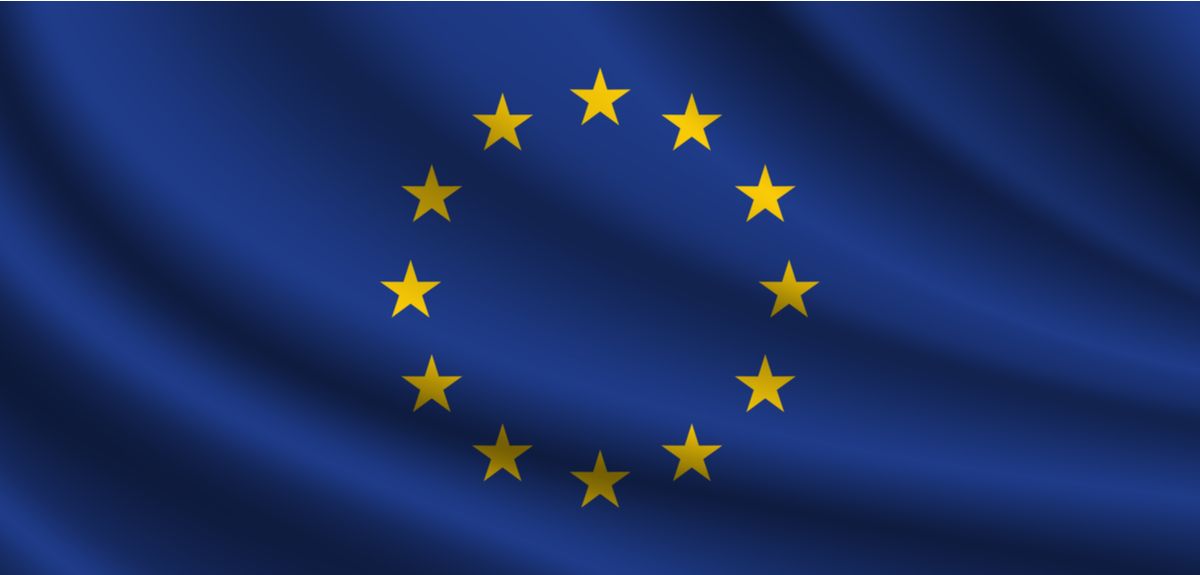
Oxford Researchers’ Projects Recognised Through Prominent European Grants
Four Oxford academics have received major European Research Council (ERC) Advanced Grants to fund a range of boundary-pushing research projects in the areas of science and criminology.
Funded through the European Union, the awards each worth up to €2.5 million (£2.2 million) will allow the researchers to build their own teams and develop their pioneering work into new frontiers.
Professor Ros Rickaby at the Department of Earth Sciences has won an award for her research proposal ‘SCOOBI – Seeking Constraints on Open Ocean Biocalcification.’
SCOOBI aims to further understand the ocean’s complex ecosystem and carbon cycle in response to the Earth’s changing climate through the study of coccolithophores and foraminifera (single-celled mineralising phytoplankton).
They are a fundamental component of the marine carbon cycle, producing over 2 billion tonnes of calcite per year by converting atmospheric carbon dioxide into limestone. However, there is little understanding of how this change affects calcification and how it is going to evolve under the environmental pressure imposed by global warming and ocean acidification.
Prof Rickaby said: ‘I’m honoured that the ERC are willing to invest in me for a hat trick of ERC grants and can continue the success of Oxford Earth Sciences with our fourth ERC Advanced Grant.
‘Our research will use cutting-edge techniques to document and investigate the sensitivity of open ocean community calcification rates to the environment to answer two key questions.
‘Firstly, what limits modern marine calcification rates? And secondly, how will they respond to future natural and manipulated change?’
Professor Renier van der Hoorn of the Department of Plant Sciences received funding to continue his work looking into unlocking extracellular immunity for new crop protection strategies.
New crop protection strategies are essential to feeding a growing world population. Plant pathogens decrease food production by between 18 and 30%, and these losses are expected to increase with climate change and reduced agrochemical use.
Most plant-pathogenic bacteria, fungi, and oomycetes colonize the extracellular compartment (apoplast) of plants, and are exposed to a vast array of potentially harmful metabolites and hydrolytic enzymes secreted by the plant. These enzymes provide basal, multigenic immunity that is hardly understood and barely used for crop protection.
There are several challenges facing research about unlocking the potential of this extra layer of immunity. These include the redundancies in the extracellular immune network, adapted pathogens suppressing extracellular immunity, and the research bias towards only a few extracellular immune components.
Prof. van der Hoorn’s project is to unlock this extracellular immunity for new crop protection strategies.
Prof. van der Hoorn said: ‘The grant matters to me because I can now gather a research team to do really exciting stuff.
‘Studying the plant-pathogen interface with chemical proteomics has great potential and we are going to be the first and only lab in the world doing this.
‘The project will focus on conserved host targets that are manipulated by multiple pathogens, and is supported by exciting preliminary data and a powerful pathosystem in which both host and pathogen can be manipulated.’
Professor Federico Varese at the Department of Sociology has received an Advanced Grant for his research ‘Production, Trade and Governance: A New Framework for the Understanding of Organized Crime’.
His project aims to establish a new framework for the understanding of organised crime. Focusing on production, trade and governance, it will study a broad range of organised crime in depth, from local cybercrime production hubs in Europe, to the international trade of drugs from Colombia to Europe, and the emergence of criminal governance inside and outside prisons.
Breaking traditional disciplinary boundaries between the social sciences and adopting a global outlook, the project will overturn long-held theoretical approaches and produce substantial new findings.
Prof. Varese said: ‘It is a great honour—and a great responsibility—to receive an Advanced Grant from the European Research Council.
‘I am very much looking forward to starting these interrelated research projects on the activities of crime groups, with the aim to go beyond the catch-all concept of organised crime.
‘I will study how organised crime groups produce, trade and govern in a variety of settings across the globe.’
Professor Masooda Bano at the Oxford Department of International Development has been awarded funding for her research ‘Choosing Islamic Conservatism: Muslim Youth in Europe and the UK and the Question of Social Cohesion’, which explores the persistent appeal of Islamic conservatism among young Muslims in Europe.
As a starting point, her work takes the highly conservative Islamic networks that have historically embedded themselves in Muslim communities in Europe and the UK.
Despite facing recent competition from Islamic scholars and institutions that are actively trying to promote teachings from classical Islamic scholarly tradition – which balances textual loyalty with a focus on contemporary social reality – these conservative movements remain highly popular among second and third-generation Muslims.
Working within theories of institutional persistence and change, complementing them with a focus on understanding the significance of ethical and moral agency as discussed in recent studies in the anthropology of Islam, and taking cues from the growing interest in the role of neighbourhoods in religious socialisation, Professor Bano’s project will develop a unique approach to understanding the ‘stickiness’ of Islamic conservatism in the West.
Prof. Bano said: ‘It is an honour to be able to expand this important research further through the awarding of the Advanced Grant.
‘With the funding, the project will be expanded to have a threefold focus; firstly, studying the survival strategies of institutional elites; secondly, expanding an existing focus on “push” factors to include “pull” factors; and finally, testing the hypothesis that mosque-dense Muslim-majority neighbourhoods are central to ingraining a conservative social Islamic imaginary in each subsequent generation, which, through a dense network of ties, is spread to Muslim youth across the country.’
Mariya Gabriel, European Commissioner for Innovation, Research, Culture, Education and Youth, said: ‘The awarding of more than 200 ERC Advanced Grants in key scientific areas will help boost our scientific research and innovation capacity, for the benefit of all EU citizens.
‘We will be able to continue and reinforce investments with the forthcoming Horizon Europe ERC work programmes.
‘I am also pleased to see more women applying for these prestigious grants and winning them.’
 Existing hospital analysers offer a low-cost method to screen for fake vaccines
Existing hospital analysers offer a low-cost method to screen for fake vaccines
 Statins do not cause the majority of side effects listed in package leaflets
Statins do not cause the majority of side effects listed in package leaflets